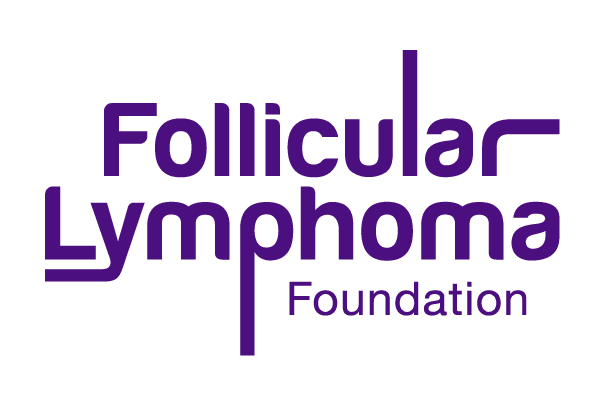CURE FL Awards. Funding $2m of targeted, innovative, patient driven research
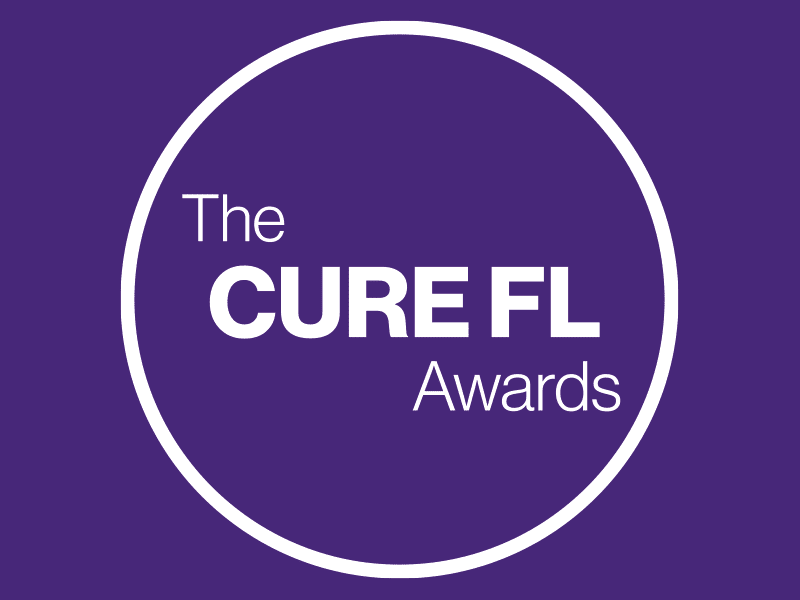
New funding of $2 million for research to get one step closer to a cure for Follicular Lymphoma. Our mission at the FLF is to lead new and determined efforts to find innovative treatments and cures for Follicular Lymphoma (FL). In pursuit of this, the CURE FL Awards grant programme seeks to catalyse scientific research […]
A big thank-you to all at Henry and Esther’s Golden Anniversary celebration
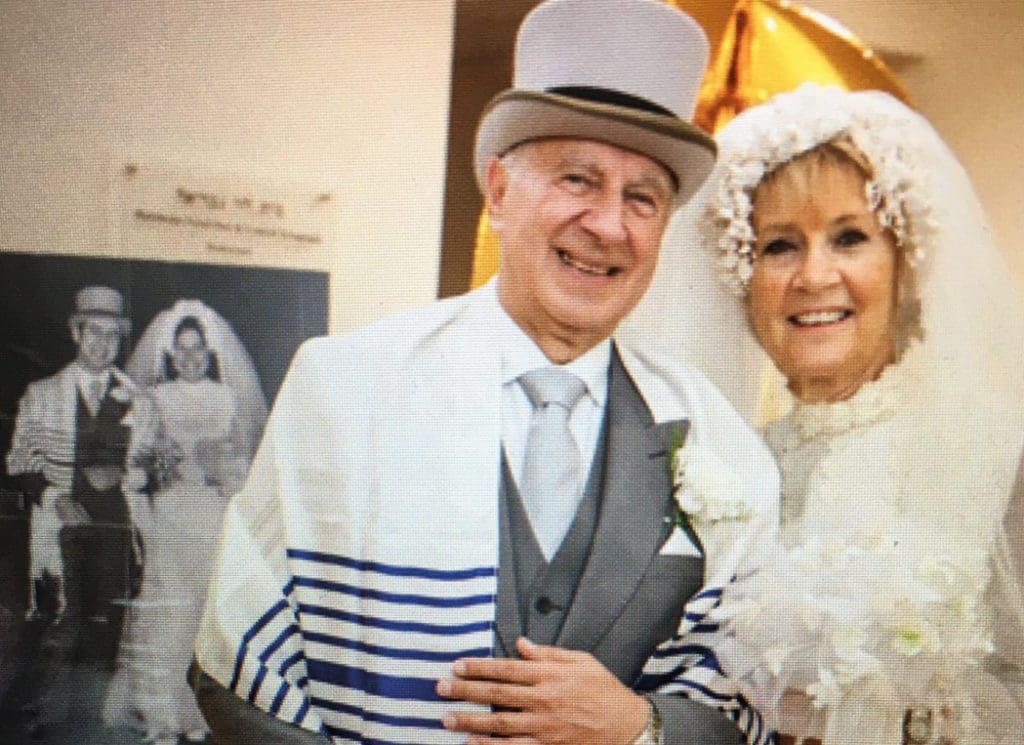
Henry and Esther Shirman, two supporters that have been with the FLF since day one, recently celebrated their 50th wedding anniversary, and they certainly did so in style! Fifty years on, they decided to recreate a special photo from their wedding day – with Esther even wearing her actual wedding dress. With the pair dressed […]
The fabulous kindness of the Snowdown Colliery Welfare Brass Band
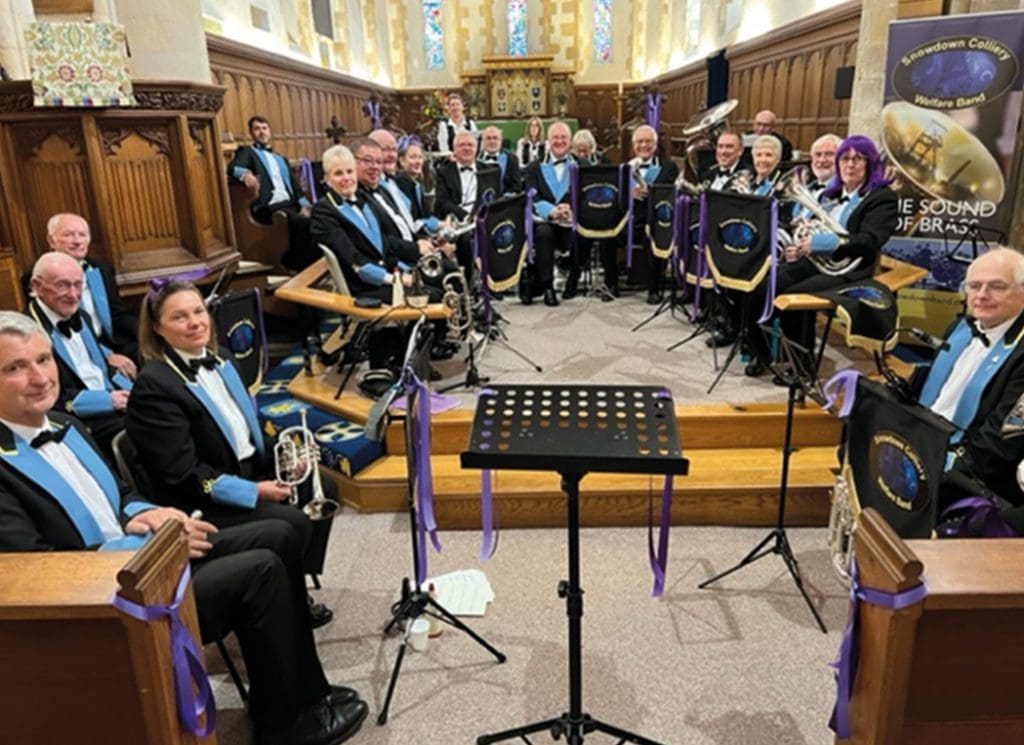
The wonderful Snowdown Colliery Welfare Brass Band recently (October 8th) created a fabulous afternoon of music for the local community of Dover, Kent. The band played music chosen by one of the band members who has been diagnosed with FL and is currently in remission. The band aimed to raise funds for FLF and also […]
Antibody response to CoV-2 vaccines
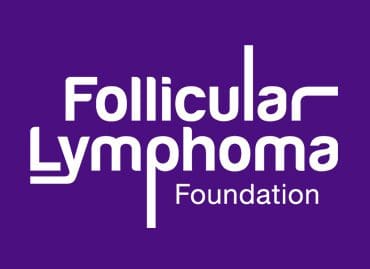
Interesting summary of the impact and effectiveness of antibody responses to SARS- CoV-2 vaccines in patients with hematologic malignancies. A project from Michael J. Garil Data Collective, and supported by the Leukemia & Lymphoma society. Read full article
Blood tests in Follicular Lymphoma
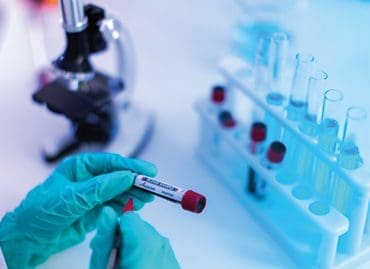
For many people living with Follicular Lymphoma, periodic blood tests become a regular feature. There are several reasons you might need blood tests when affected by Follicular Lymphoma (FL), a form of non-Hodgkin’s lymphoma. But does lymphoma show up in blood work? Generally, the answer is no, FL is rarely detected on standard or “routine” […]
Everything you need to know about Follicular Lymphoma clinical trials
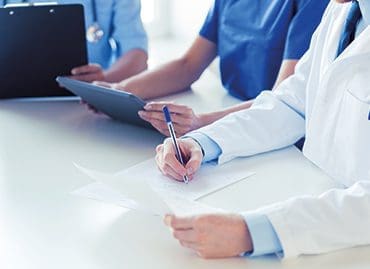
What are clinical trials? Any potential treatments for Follicular Lymphoma (and other forms of Non-Hodgkin lymphoma) must undergo extensive testing. They must be fully researched to confirm that they work, are safe to use, and are more effective than other current treatments. Clinical trials test the treatment’s effects on human participants and are split into four […]
What are clinical trials?
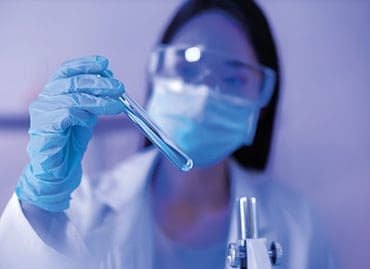
Any potential treatments for Follicular Lymphoma (and other forms of Non-Hodgkin lymphoma) must undergo extensive testing. They must be fully researched to confirm that they work, are safe to use, and are more effective than other current treatments. Clinical trials test the treatment’s effects on human participants and are split into four phases. By joining […]
The Follicular Lymphoma Foundation research goals – patient poll results – September 2021

The FLF places the patient at the heart of our organisation. This survey collated the unmet needs and prioritised our research goals.
